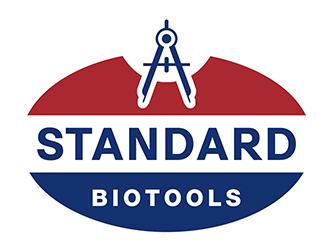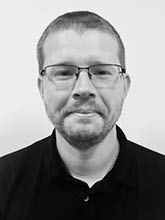Friday, 26th of January 2024 at 1:40 pm
Chairs: Sabine Baumgart & Henrik Mei

Tom Ashmore

Cancer Research UK Cambridge Institute, University of Cambridge
Building a tissue time machine for Triple Negative Breast Cancer
Triple Negative Breast Cancer is a heterogenous disease with very few treatment options and a poor prognosis. As part of a large collaborative project with teams in London, Cambridge, and Vancouver, this Wellcome Leap project involves data collection across multiple modalities (i.e., disaggregated, and spatial) on pre- and post-treatment patient biopsies that will be integrated together to build a predictive model of treatment response, based on their initial tissue state. Spatial proteomics forms an extensive part of this project, and the team were awarded funding from Wellcome Leap to build a spatial proteomics facility at the CRUK Cambridge Institute to measure up to 300 markers per patient. Data collection is on-going, and the team are learning new clinical insights daily. During the talk Tom will discuss the project as a whole as well as focusing on the importance of such a facility for this and future clinical projects wanting to understand more about the spatial biology of cancer.
Biosketch
Tom Ashmore completed his degree in Computing at Teesside University in 2010 and immediately transitioned to a career in biomedical sciences with his first position training as a histologist in the National Health Service. Tom took the skills acquired here to a research environment within the University of Cambridge in 2013 where his research focused on the areas of metabolism and cardiovascular disease. In 2022, Tom moved to Prof. Greg Hannon’s lab at the Cancer Research UK Cambridge Institute, a department of the University of Cambridge. During this time Prof. Hannon acquired funding from Wellcome Leap to build a large-scale Image Mass Cytometry facility to run samples as part of a larger project on Triple Negative Breast Cancer. Tom now runs this facility containing 6 Image Mass Cytometers and is responsible for their upkeep, along with running samples for Prof Hannon’s and other Wellcome Leap projects.